
Fundamentals of Solidarity
Coalitions amongst people of color are essential for building political power—particularly as resources and influence fall along lines of race and ethnicity. In “Fundamentals of Solidarity: Race Based Caucus Organizing in Houston,” I consider how Black organizers-built solidarity with each other and with the staff of Houston in Action (HiA).
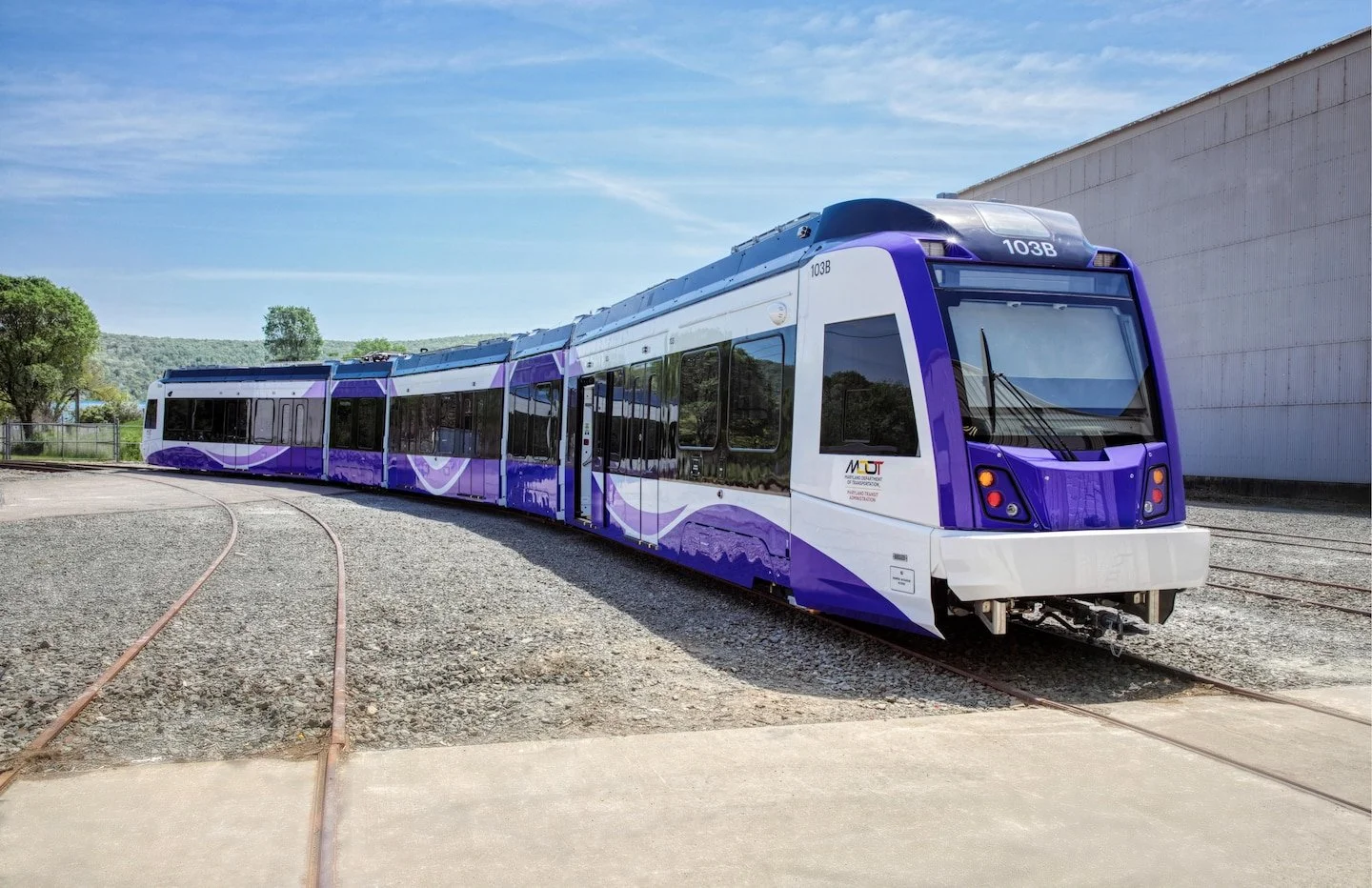
Can Community Coalitions Unlock Equitable Benefits from Transit Investments?
Transit-oriented development (TOD) represents a promising form of development in urban transit corridors offering walkable communities, reduced car dependence, and enhanced access to opportunities. But all too often, the benefits of new transit investments are overshadowed by rising housing costs and the displacement of long-time residents and small businesses.
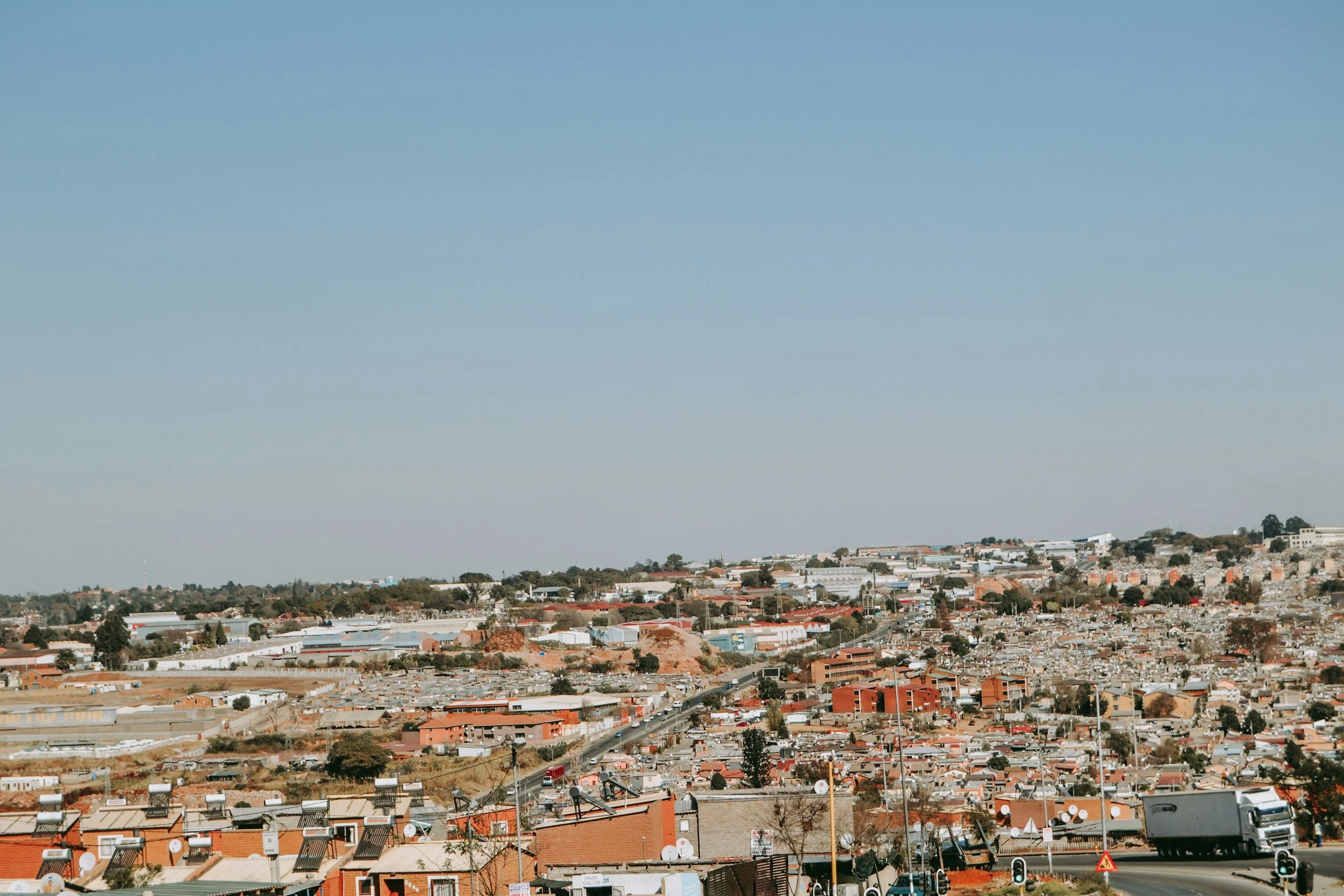
Reimagining Public Participation in Urban Development
Public participation is widely regarded as a cornerstone of democratic urban governance. Around the world, governments and planners have embraced participatory practices to involve residents in decisions that shape their cities. Yet much of the academic and policy discourse continues to frame participation as a state-led process, where the public is invited by government actors to engage in predetermined formats designed to improve plans, policies, and projects.
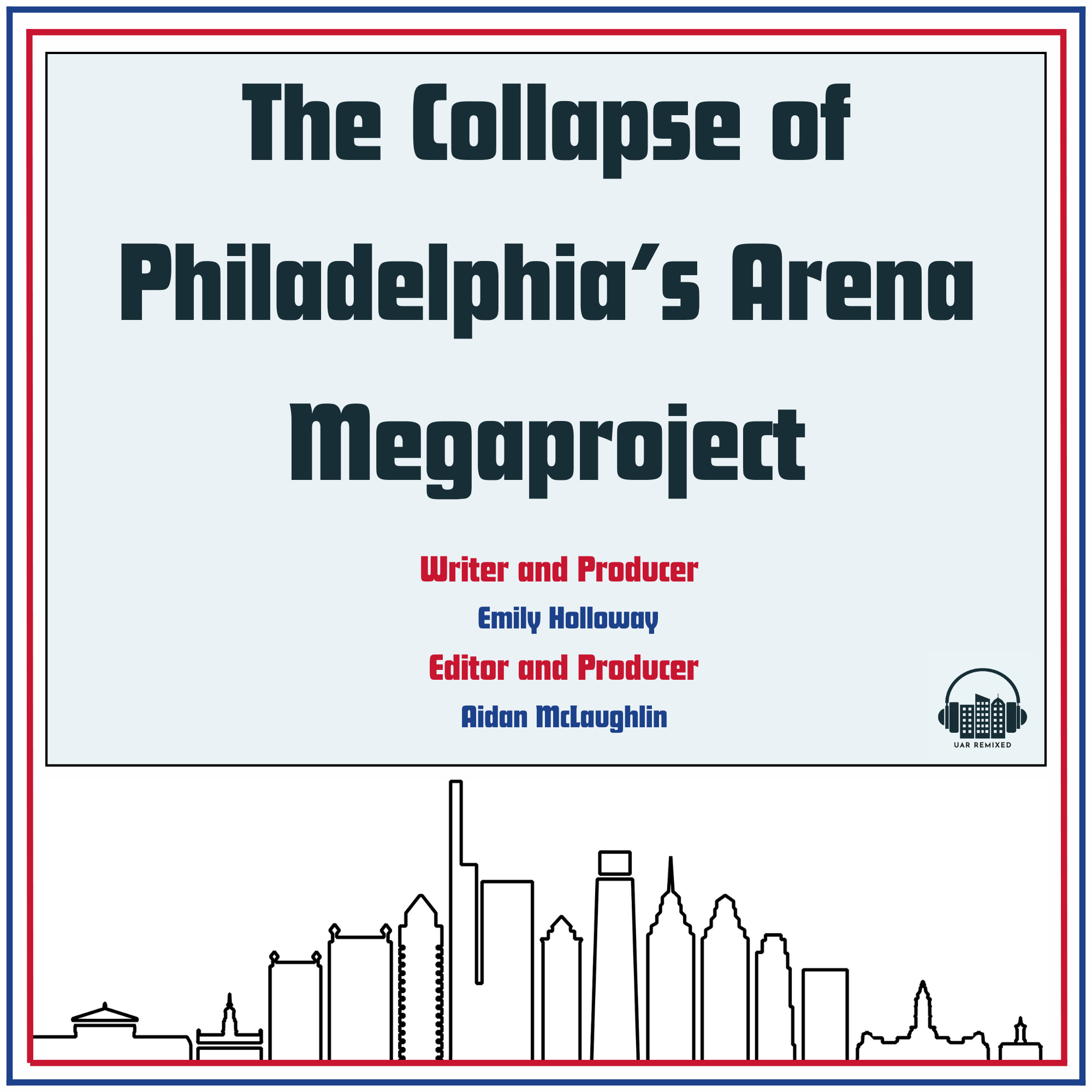
Series: The Collapse of Philadelphia’s Arena Megaproject
Join us for an exploration of the failed Philadelphia 76ers Arena Proposal in Center City. First proposed in 2022 with promises to revitalize the faltering Market East corridor, the arena generated tremendous and widespread backlash from communities across the city and region. The project, which was publicly and strongly backed by Mayor Cherelle Parker, was ultimately cancelled in early 2025, only a few weeks after the City Council approved it.

Do Local Governments Listen to the Experts?
When Amazon.com, Inc. announced its search for a second headquarters in 2017, 238 localities across North America worked to submit proposals. While the media and much of the general public focused on the spectacular incentive packages and which cities were poised to “win,” less attention was paid to how these proposals offer novel and sought-after information about how cities practice economic development policy across a wide range of areas. Localities were asked to offer highly systematic documentation of a wide range of economic development policies, and with an unprecedented degree of time and human effort they responded in earnest.
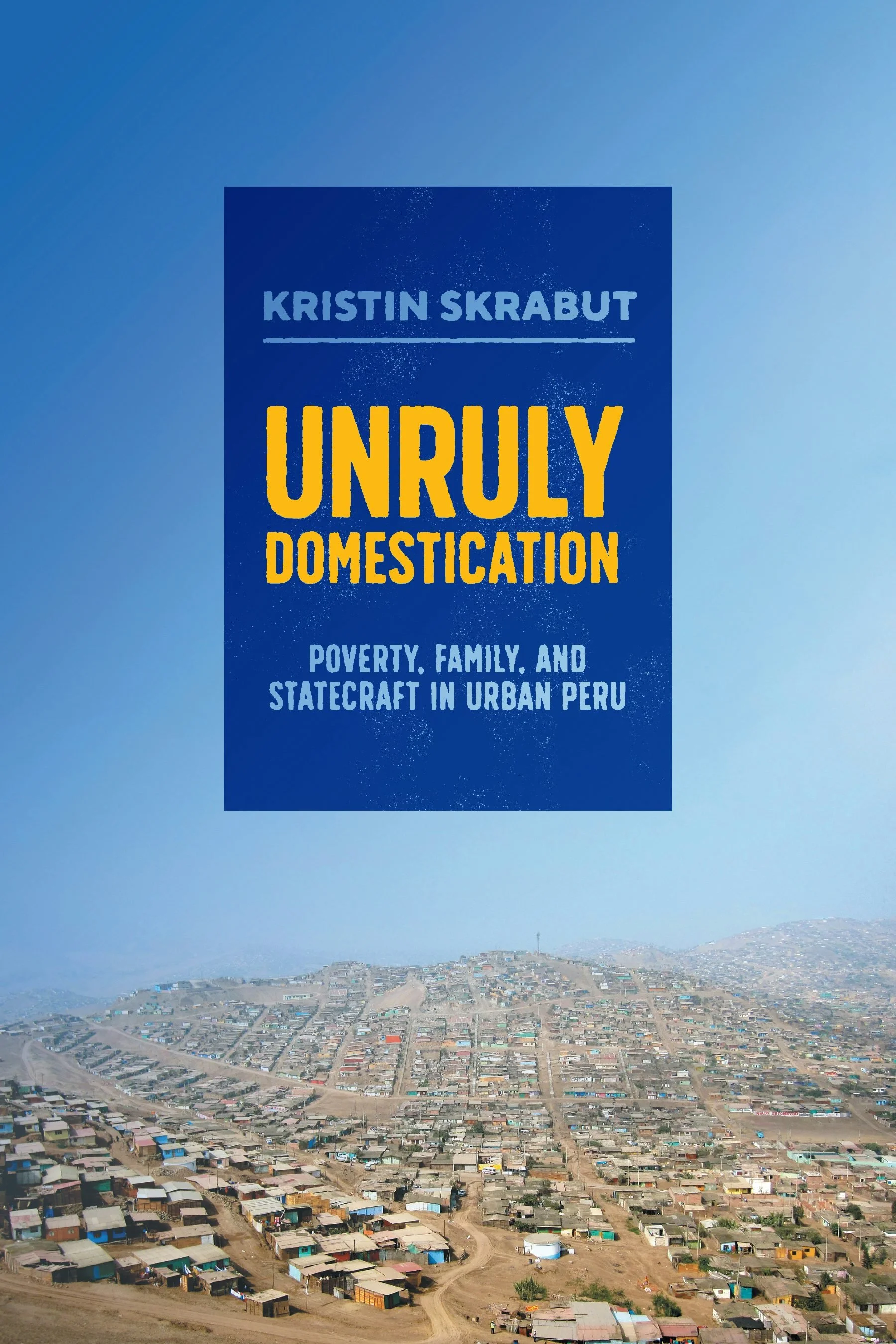
New Books: Unruly Domestication
Join us for our conversation with Dr. Kristin Skrabut, author of Unruly Domestication: Poverty, Family, and Statecraft in Urban Peru, published in 2024 by the University of Texas Press. Unruly Domestication explores how Peru's "war on poverty" took shape in the city of Lima through extensive ethnographic research to better understand how the politics of poverty, statecraft, and family structure become entangled.

New Books: Solidarity Cities
Featuring Maliha Safri, Marianna Pavlovskaya, Craig Borowiak, and Stephen Healy, authors of Solidarity Cities: Confronting Racial Capitalism, Mapping Transformation, published by University of Minnesota Press. Solidarity Cities explores the diverse practices of cooperation and mutual support as alternatives to racial capitalism through case studies of Philadelphia, Worcester, MA, and New York City.

Public Transportation Governance Types
Public transportation plays a central role in contemporary urban life. Research indicates that well-designed and well-structured transit systems can expand opportunities for citizenship, stimulate economic growth, improve the well-being of vulnerable groups, and yield a range of benefits for cities. This is especially evident in the Global South, where millions of residents – particularly those with lower incomes – rely on buses, trains, and subways for their daily mobility.
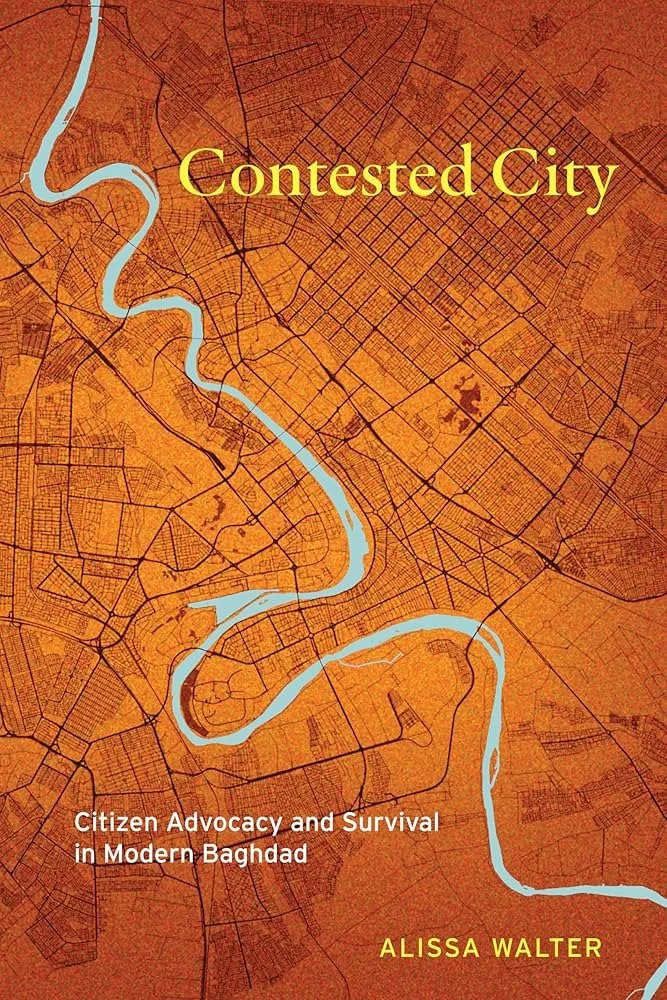
New Books: Contested City
Featuring Alissa Walter, author of Contested City: Citizen Advocacy and Survival in Modern Baghdad published in 2025 by Stanford University Press. Contested City charts the political history of modern Baghdad and how residents navigated and negotiated with the state through periods of economic growth, war, and sanctions.

Wetland and stream compensatory mitigation as a funding vehicle for US public housing authorities
What if restoring polluted streams behind public housing complexes could directly fund new affordable housing? This innovative approach, explored in our recent Urban Affairs Review article, introduces public housing authorities (PHAs) to a unique opportunity to generate additional revenue by participating in federal "compensatory mitigation" markets. Through our study of the Durham Housing Authority (DHA) in North Carolina, we demonstrate pathways through which urban stream and wetland restoration can be financially viable, environmentally beneficial, and socially impactful.

New Books: Urban Power
Featuring Ben Bradlow, author of Urban Power: Democracy and Inequality in São Paulo and Johannesburg published in 2024 by Princeton University Press. Urban Power examines how social inequalities are created and addressed through the urban built environment by comparing the case studies of São Paulo and Johannesburg.

Social and Political Pillars of Police Diversity
Police officers serve a public service role, as highlighted by scholarly literature on street-level bureaucracy. Thus, it matters whether police departments represent the social characteristics of communities. In socially diverse cities, police diversity promises to facilitate police–community interactions. However, to what extent are US police departments diversifying their personnel?

Do Canadian Municipalities Have a Hidden Ideological Pulse?
Are Canadian municipal politics simply about fixing potholes and managing traffic, or does ideology shape municipal behavior more deeply? In contrast to the U.S. and several other federations, Canadian municipal elections are overwhelmingly non-partisan. Fewer than one in five municipal officials run on party slates. This fact leads many to infer that Canadian city halls are free from the left-right ideological divide that exists at higher levels of government.

New Books: Not in My Gayborhood!
From UAR’s new series, featuring Theodore Greene, author of Not in My Gayborhood! Gay Neighborhoods and the Rise of the Vicarious Citizen, published in 2024 by Columbia University Press. This book explores “gayborhoods” in Washington, DC, where Greene investigates how neighborhoods retain their cultural identities even as their inhabitants change.

Which Local Governments Adopt New Technology First?
Emerging technologies, including real-time digital tracking systems, AI, and satellite imagery, can enhance public service delivery by enabling real-time performance monitoring, automating routine tasks, and improving the targeting of services. These tools also have the potential to support more responsive and personalized interactions with citizens, increasing both efficiency and trust in government institutions. Under what conditions are new and emerging technologies adopted by local governments?

Succession Planning for the Future of Intergovernmental Organizations in the U.S.
Intergovernmental organizations play a pivotal role in America’s regions in important areas like transportation planning, Area Agencies on Aging services, and economic development, to name a few. These organizations serve as conveners and coordinators among local governments in their regions and represent their members to state and federal agencies. Given their importance, how can they ensure continuity and sustainability during leadership changes or staff turnover?

Call for Papers: Urban Politics in the Global South 2025
We are pleased to announce a call for papers for the 2025 Urban Politics in the Global South conference on November 6-7, 2025 (12pm-3pm EST). The conference will be fully virtual. This fourth annual conference brings together the growing community of social scientists conducting research on urban politics in low- and middle-income countries in different world regions. We seek to facilitate exchange among scholars within political science, related disciplines, and practitioners.
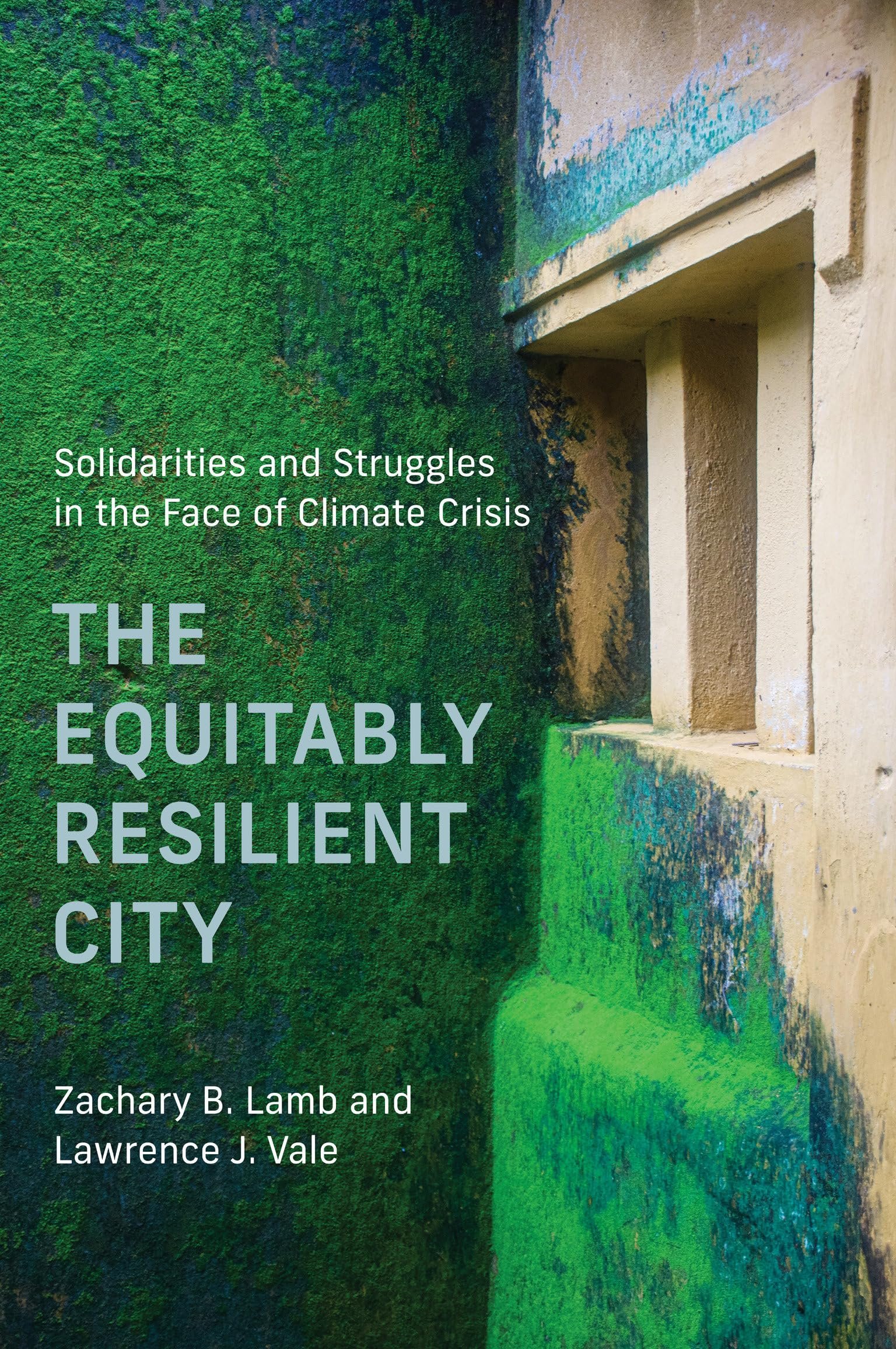
New Books: The Equitably Resilient City
From UAR’s new series, featuring Lawrence Vale and Zachary Lamb, co-authors of The Equitably Resilient City: Solidarities and Struggles in the Face of Climate Crisis, published in 2024 by MIT Press. Their book, which draws on research from twelve unique case studies around the world, asks how cities can respond to climate change and still commit to maintaining and improving the lives of their most disadvantaged residents.

Policing Now, Gentrification Later?
Aggressive policing has hidden costs. This study provides some of the first empirical evidence that intensified policing can lead to gentrification. Our findings challenge conventional wisdom about the causes of neighborhood change and offer a crucial lens to understand how law enforcement policies shape the places we live—sometimes subtly, sometimes dramatically.
As cities confront issues of inequality, racial justice, and housing displacement, studies like this reveal why rethinking public safety is not just about crime—it's about who has the right to belong in a neighborhood.

The Local Politics of Public Health
In this two-part miniseries, UAR Remixed speaks with several authors from the journal’s recent symposium, “The Intrinsic Relationship between Local Politics and Public Health.” We speak with the authors about their research, which covers a wide breadth of topics and ideas at the intersection of public health and politics in local contexts. In Part 1, we meet the authors and learn more about the big questions and pressing issues that prompted them to do this research. In Part 2, we’ll be thinking about the inherently political nature of public health policy, and how our present political climate is affecting public health research and institutions at the local level.